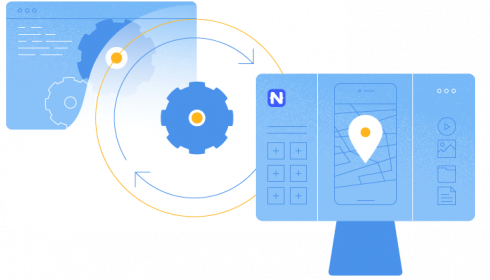
Low-code adoption is beginning to pick up as the demands to deliver software faster starts to weigh on businesses. Progress believes its strategy and approach for high productivity application development will have businesses pick up the pace and remove the complexity traditional offerings pose when trying to develop more advanced applications.
As part of its strategy, the company announced a new version of Progress Kinvey, its rapid enterprise and consumer application development platform.
RELATED CONTENT:
Digital transformation sparks low-code adoption
How low-code solutions can help advance digital transformation
A guide to low-code, no-code solutions
According to the company, the newly updated platform takes a bigger focus on the professional developer and how they can speed up their process of delivering and developing new high productivity capabilities while ensuring they can run natively across multiple devices and platforms.
“Traditional low-code platforms are adequate for helping companies rapidly roll out many tactical apps. However, they lack the ability to deliver high scale, truly engaging, consumer-grade experiences that offer consistency across channels,” said Dmitri Tcherevik, CTO of Progress. “At the other end of the spectrum, DIY development projects deliver high-touch experiences, but are highly inefficient, slow to market and costly to maintain. IT teams need to focus on innovation, not infrastructure. Our focus on high productivity for professional developers changes all of that by bringing a solution to market that offers the best of both worlds, low-code development that results in flexible, scalable, omni channel apps.”
The platform features
- Kinvey Studio: A visual development tool
- Serverless platform architecture: A serverless high productivity cloud platform
- Kinvey chat: Artificial intelligence-driven technology for creating and deploying task chatbots
- Kinvey data pipeline: End-to-end data and authentication management
- Native multi-channel: Enables the development and delivery of native iOS, Android and web apps
“Digital disruption across industries is driving businesses to seek streamlined methods of building modern apps and digital experiences. While businesses need to rapidly transform themselves digitally to remain competitive, they cannot afford to sacrifice the quality, differentiation and security of the apps and experiences they build,” said Arnal Dayaratna, research director for IDC. “Progress’ strategy for high productivity app development empowers developers to accelerate the development of production-grade consumer and business apps while preserving the freedom and control that developers typically desire.”






